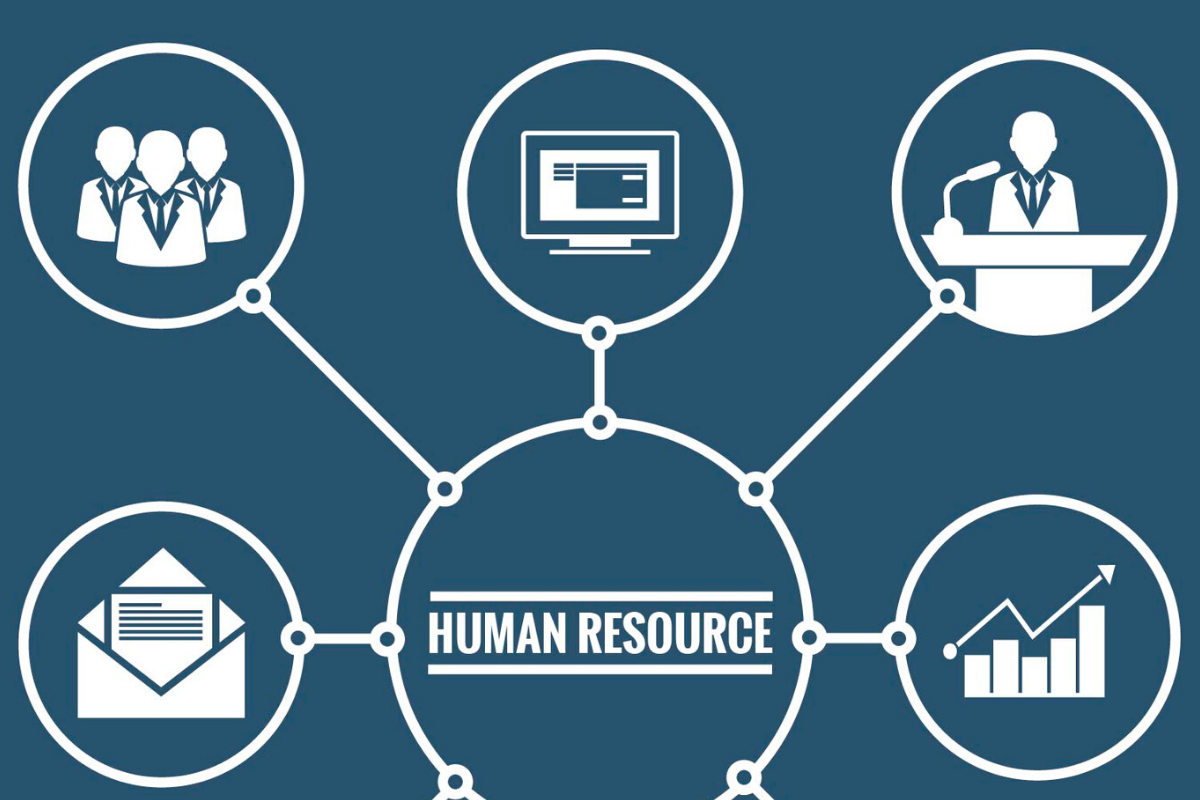An organization that is implementing a new human resource information system will undergo a massive change in terms of its system which includes database of all the staff, the payroll system, or the recruitment database. The company would most likely switch to an HRIS with a centralized database system that is capable of streamlining all of these ancillary HR functions. What many organizations fail to understand is that the effects of such a massive change come with a huge set of challenges for all the HR management related departments as the operation structure is affected.
In order to smoothen out this transition, many companies, using a team of managers of various employee database software such as payroll, Human Resources, Training etc. compare and evaluate different HRIS. This helps in choosing the right HRIS system for the company that will benefit all the departments involved. It also helps understanding the company’s business processes and the requirements in its business processes from this HRIS. Modifying HRIS to suit the various departments of the company is also common. It is therefore crucial that the evaluation team decide the right expectations for the chosen HRIS and gain the approval of the business heads. Only if the top managers dedicate and evaluate realistic expectations can this implementation project be fruitful.
You might also be interested to read: What is the Human Resource Information System?
Structuring the new human resource information system
There are three primary steps involved in a new human resource information system implementation:
1. Composition of the HRIS to suit the business needs
Reengineering of business processes is a part and parcel of adapting a new HRIS in any organization. In this process the HR along with the project team will assimilate the new HRIS in line with the company’s needs and values as most HRIS systems are based on a general idea and need some manual labor in order to fit the users needs. While these changes happen it is organic that there be improvements in the system and better management across all the departments. It is also a good time to implement some new policies and programs by the heads of departments and implement them.
To add to the above, it is essential for the team and the managers to know the HRIS and its processes and why are they done, well. Knowing and understanding why the implementation of the new HRIS is done is crucial to any businesses success.
2. Assimilate data with the ancillary systems
The existing data from the HR’s employee databases needs to be converted into the HRIS in order to interface with the other systems that also rely on the same data is a humongous task for the team handling the implementation of the new Human Resources Information System. It can also prove problematic as there most likely will be discrepancies in data from various departments which may not fit well in the new HR information system. The only way to help in this situation is to have complete and accurate data of all employees relating to payroll, benefits package, etc.
3. Training the staff for the new HRIS
It is essential for the team handling implementation of the new HRIS to not only focus on the technicalities but also on the managing of the new processes that come with it. The company should invest some time and energy in training its employees for the HRIS from the beginning. The HR information system has the tendency to pull together interrelated departments through its integrated framework. There is a requirement of programmers, business analysts and also configuration experts so as to have a flawless performance in regards to the new HRIS. Getting all these teams to work together in harmony is the key to successful implementation of the new HRI system.
HRIS – the changes that come with its implementation
The employee database is more integrated with the implementation of the HRIS which benefits the company. The managers can easily access all data related to time-keeping, absences, employee costs, annual leaves, skills and recruitment, payroll and many more, which enable them to improve HR policy and also in cutting costs.
There is also major integration of various departments that normally would not work together but have to work in tandem due to the implementation of the HRIS such as payroll department along with the HRM. This leads to a more close knit work environment where all departments of the organization come together for its success.
You might also be interested to read: Organizational Transformation in the Digital Age
Proposal for success
There will often be some conflicts in a dynamic work environment with the big changes of having a new HRIS. Many times business heads are left wondering what they can do to avoid such conflicts and have a smoother transition. There is no one answer to this problem. There will be countless different conflicts with various ways of tackling them. All that is required is participation and commitment from all the departments of the organization. The support and commitment of the executive management is what will set the benchmark for all other departments of the company. Overseeing the effective implementation, supporting the funding and making sure the right talent is hired to implement the HRIS is crucial and cannot be compromised.
The next steps are the managers who are responsible for the smooth implementation of the HRIS system. They need to be focused and driven to ensure that the HRIS implementation brings about positive impact for the company while keeping their employees happy.
References
- “What to Expect When You’re Implementing a New HRIS?” By Shivasankari Bhuvaneswaran November 18, 2019 for HR Process.
- “The impact of implementing an HRIS” by Insight Consulting Partners.
Related Topics:






